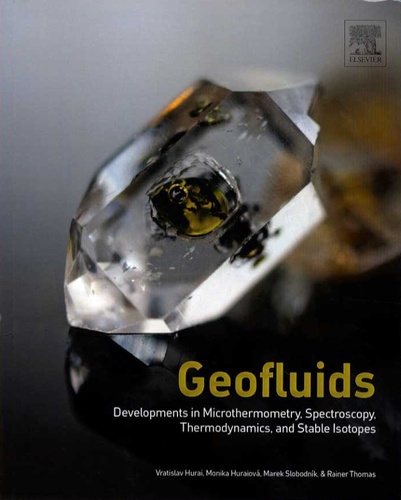Investigation of Fracture Evolution and Failure Characteristics of Rocks under High-Temperature Liquid Nitrogen Interaction
Abstract
The utilization of liquid nitrogen as a sustainable and water-free fracturing medium exhibits immense promise in engineering applications. In this investigation, Brazilian split tests and acoustic emission tests were conducted to explore the impact of liquid nitrogen cooling on the internal structure and mechanical properties of rock specimens. To examine the influence of liquid nitrogen cooling on the tensile strength of rocks, displacement-load curves were obtained from samples subjected to varying cycles of high-temperature liquid nitrogen cooling using Brazilian split tests. Acoustic emission experiments were conducted to investigate the characteristics of granite samples exposed to various cycles of high-temperature liquid nitrogen cooling. Based on these findings, the impact of liquid nitrogen cooling on the internal structure of rock masses was analyzed. The findings of this study demonstrate that high-temperature liquid nitrogen thermal treatment significantly modifies the microscopic structure and mechanical properties of rocks, with potential implications for overall stability and reliability. Notably, an observable decline in tensile strength was observed as the number of cycles of high-temperature liquid nitrogen treatment increased. These findings underscore the substantial impact of liquid nitrogen cooling on the behavior of rocks. High-temperature liquid nitrogen treatment effectively promotes the generation of microcracks within rocks, thereby increasing their permeability. During the experiment, granite specimens primarily exhibited shear-type fractures when subjected to high-temperature freeze-thaw cycles induced by liquid nitrogen.


 求助内容:
求助内容: 应助结果提醒方式:
应助结果提醒方式:


